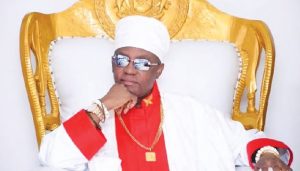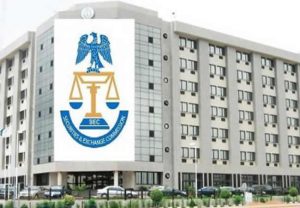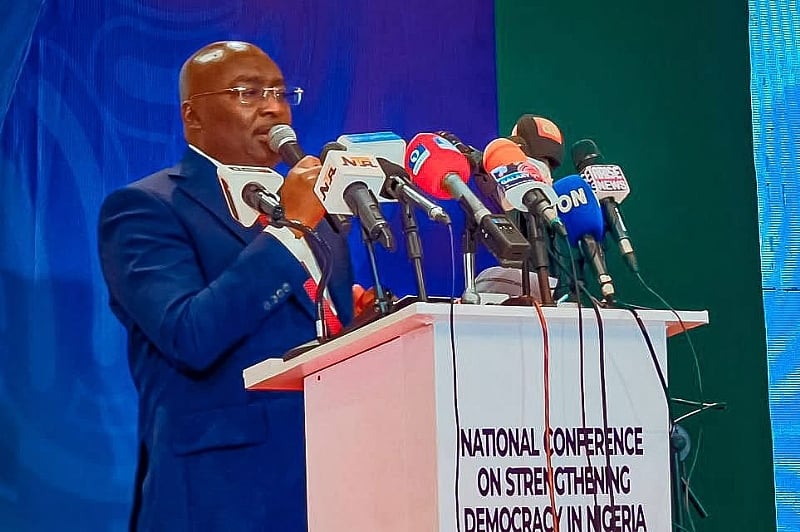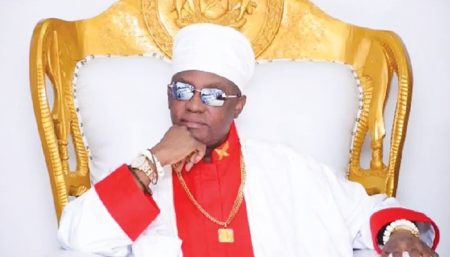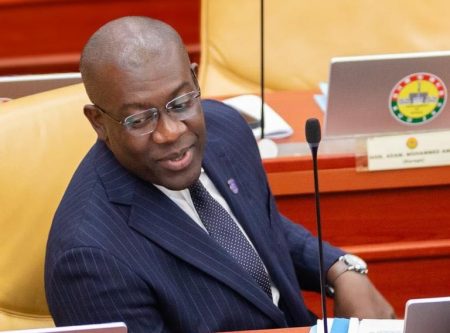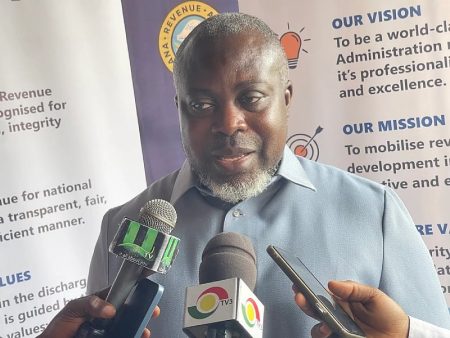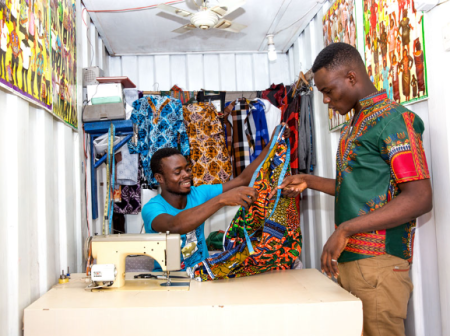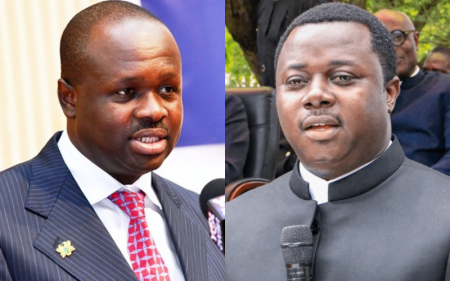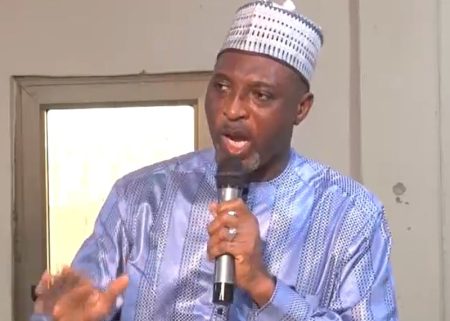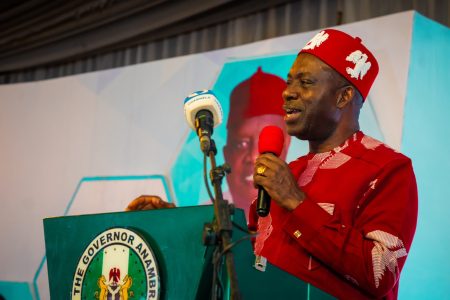The New Patriotic Party (NPP), reeling from a significant defeat in the 2024 general elections, is embarking on a path of rebuilding and reconciliation. Dr. Mahamudu Bawumia, the party’s flagbearer in the election, has emphasized the critical need for unity within the party ranks. The NPP’s loss, which saw a 1.7 million vote deficit in the presidential race and a reduction to 88 out of 276 parliamentary seats, has prompted introspection and a call for internal healing. Dr. Bawumia directly addressed the issue of internal divisions, acknowledging their detrimental impact on the party’s electoral performance. He pointed to the damaging effect of infighting, highlighting how it provided ammunition for their opponents during the campaign. The former Vice President stressed that a unified front is essential for the party to regain public trust and support.
Dr. Bawumia drew parallels to the NPP’s experience after the 1996 elections, when the party, under the leadership of then-candidate John Agyekum Kufuor, faced a similar defeat. He recalled President Kufuor’s resilience and determination to overcome the setback, which ultimately led to victory in the 2000 elections. Despite securing only 39% of the votes in 1996, Kufuor, through unity and dedicated work, managed to surpass the 50% threshold four years later. Dr. Bawumia expressed confidence that the NPP, having secured 41% of the votes in the recent election, can replicate this success by 2028, provided they maintain unity and a shared purpose. He believes that the party can learn valuable lessons from past experiences and use them to chart a course towards future victory.
A key element of the NPP’s rebuilding strategy is the role of its parliamentary caucus. Dr. Bawumia praised the caucus as the party’s most formidable wing in its quest to reclaim power. He lauded their performance in the final months of the 9th Parliament, describing them as the “Mighty Minority—88 Infantry Battalion,” a testament to their resilience and strong opposition despite their reduced numbers. He compared their performance to that of the Minority in the 2nd Parliament, led by J.H. Mensah, a figure revered within the party. This recognition of the parliamentary caucus’s strength underscores its significance in the NPP’s future plans.
The NPP’s path to recovery hinges on addressing several key challenges. Firstly, the party needs to effectively address the internal divisions that contributed to its electoral setback. This involves fostering a culture of dialogue, compromise, and mutual respect among its members. Secondly, the party must conduct a thorough analysis of the factors that led to its decline in public support. This requires critically examining its policies, messaging, and overall approach to governance. Thirdly, the party needs to reconnect with the electorate and regain their trust. This involves actively listening to their concerns, addressing their grievances, and demonstrating a commitment to serving their interests.
The NPP’s ability to effectively address these challenges will determine its future prospects. A successful rebuilding process requires a concerted effort from all party members, from grassroots activists to top leadership. It demands a willingness to learn from past mistakes, adapt to changing political dynamics, and present a compelling vision for the future. The party’s success in 2028 will depend on its ability to transform itself into a united, cohesive, and responsive political force. This transformation necessitates a period of introspection, strategic planning, and dedicated work to win back the hearts and minds of the Ghanaian people.
The road ahead for the NPP is undoubtedly challenging. However, the party’s history demonstrates its capacity for resilience and renewal. By embracing unity, learning from past experiences, and focusing on the needs of the Ghanaian people, the NPP can rebuild its strength and position itself for success in the future. The task of reclaiming power in 2028 is arduous, but not insurmountable. It requires a collective commitment to rebuilding trust, strengthening internal cohesion, and offering a compelling vision for the nation’s future. The NPP’s journey towards 2028 begins with a focus on internal unity and a renewed commitment to serving the people of Ghana.



